6 Minutes or Less: ‘Enemy of the People’
This newsletter-only feature will be available only to paid subscribers: I ask a thought leader or expert to educate/enlighten/explain an issue via audio in 6 Minutes or Less.
Issue: The phrase “enemy of the people” was used in 1793 revolutionary France by Maximilien Robespierre. It helped lead to public executions and the 1794 law eliminating all sentences except acquittal or death. It was used by the Nazi Party in 1934 and later by Joseph Stalin. I hosted a Zoom conversation with Jonathan Karl, ABC News’ Chief White House Correspondent and author of the new New York Times bestseller “Front Row at the Trump Show.” Jon’s also President of the White House Correspondents’ Association. In the Oval Office, Jon asked President Trump.
Question: Why does President Trump call the media “the enemy of the people?”
Guest: Jonathan Karl, ABC News’ Chief White House Correspondent and author of the new New York Times bestseller “Front Row at the Trump Show.”

Housekeeping:
Welcome to the Weekender — a combination of news, profiles, and good reads that you might not see during the week.
Founding Member Rate: Like the newsletter? During this trial period, you 50% off the regular cost. Continued thanks to everyone who already has done so!
The World
Federal Reserve Chairman Jerome Powell said a U.S. economic recovery may stretch deep into next year and a full comeback may depend on a coronavirus vaccine. He appears tonight on 60 Minutes. (Reuters)
Saudi wealth fund snaps up $7.7bn of blue-chip stocks. The investment vehicle chaired by the crown prince takes advantage of knockdown share prices. (Financial Times)
Texas reported a “massive jump” in new COVID-19 case — 1,801 on Saturday, the biggest single-day jump in cases since the pandemic began. A Texas Panhandle outbreak is a big reason, as more than 700 new cases were reported out of Amarillo. (Houston Chronicle)
Health officials say the virus-tracking system Apple and Google are building will be practically useless. Due to strict rules imposed by the companies, the system will notify smartphone users if they’ve potentially come into contact with an infected person, but it won’t share any data with health officials or reveal where those meetings took place. (Washington Post)
The U.S. would be defeated in a sea war with China and would struggle to stop an invasion of Taiwan, according to a series of “eye-opening” war games by the Pentagon. (The Sunday Times)
The rise and fall of the office: At first offices resembled factories. Later they became a second home. Is this the end of the water-cooler century? Or, as the WSJ asks, when it’s time to go back to the office, will it still be there? (Financial Times, Wall Street Journal)
Profiles & Reads
Inside Gilead Sciences: Emergency approval of the antiviral drug remdesivir is the first good news of this pandemic. This is how Gilead prepared for the moment. (Bloomberg Businessweek)
NYU Business Professor Scott Galloway explains why the pandemic has greased the wheels for big tech’s entrée into higher education. (New York Magazine)
Will Americans commute after the lockdowns end? If so, how? Emerging research indicates people might shift to new travel modes if given the chance. Cars may lose while biking and walking increase. (CityLab)
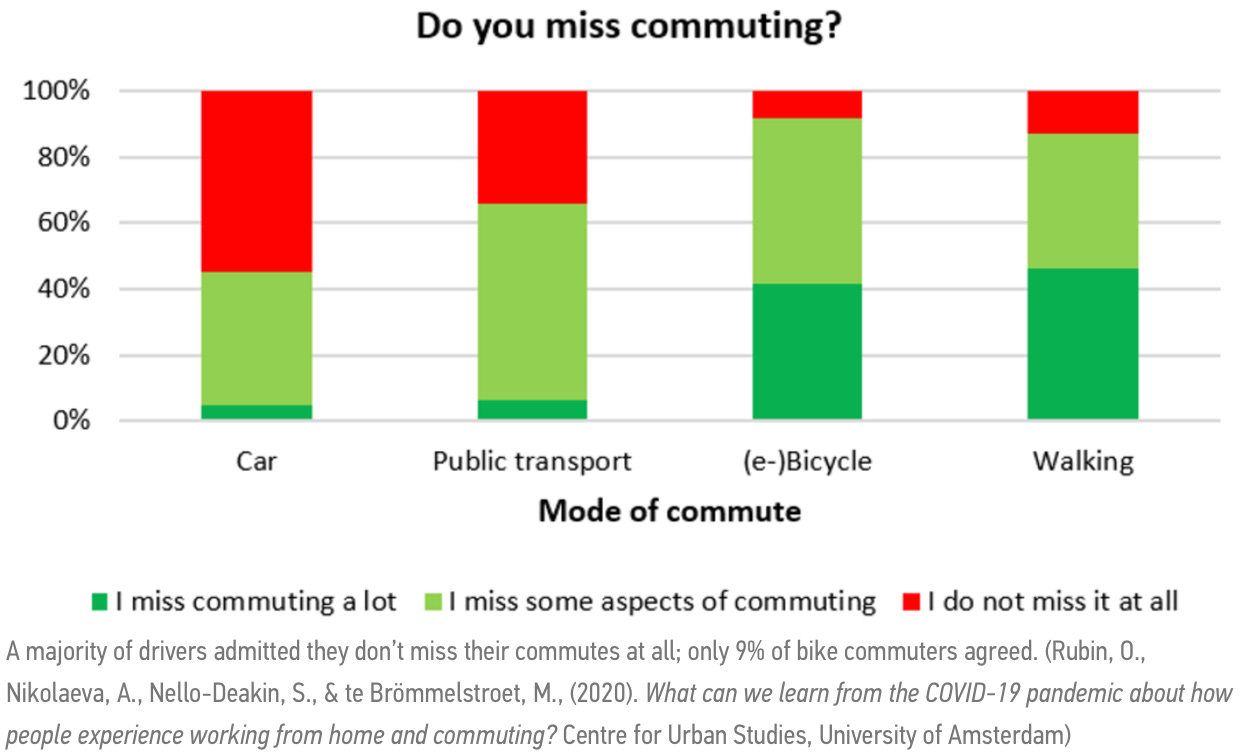
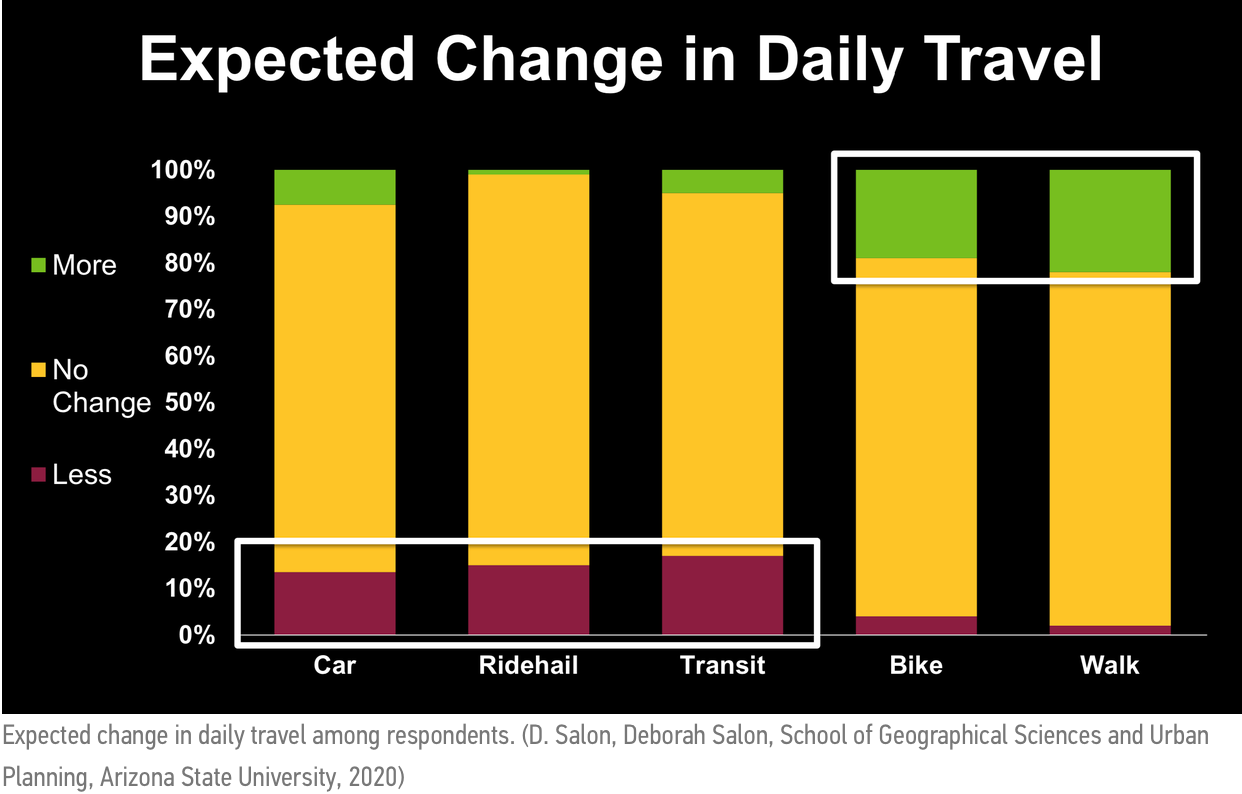
How New York suffered nearly 10 times the number of deaths as California: The differing outcomes will be studied for years, as more is learned about the virus, its unique qualities, its varying strains, its specific impact on certain populations, and the role of factors like poverty, pre-existing health problems and public transportation in its spread and lethality. (Pro Publica)
Bill Gates has regrets: Years before the Covid-19 pandemic, the billionaire tried to warn global leaders of the threat from new infectious diseases. Few listened. ‘I feel terrible.’ (Wall Street Journal)
Facebook is now a ‘Mark Zuckerberg Production.’ For years, he was an obsessive C.E.O. in some ways, distant in others. Then Facebook’s problems became too acute to leave to anyone else. (New York Times)
Katie Couric Media has a staff of around 20 and pays the bills via sponsorship from brands like Procter & Gamble and Sleep Number. Her husband and business partner John Molner says the business charges “in excess of a million a year” per client. The firm is profitable and has given its investors a 50% percent return. (The Information)
How has Stacey Abrams harnessed so much power in so little time? Despite losing the Georgia governor’s race in 2018, she has moved quickly to political prominence. (Washington Post)
With college football’s massive profits threatened, coaches and administrators are scrambling. Suddenly, the same people who said schools couldn’t afford player labor are crying out about how they can’t afford to lose it. Meanwhile, Texas A&M grapples with filling a 100,000-plus seat stadium. (The Ringer, Wall Street Journal)
After Kim Jong Un: It is time to plan for North Korea’s inevitable succession crisis. (Foreign Affairs)
What do we know about Gen Z? They are more racially and ethnically diverse than any previous generation, on track to be the most well-educated, and are digital natives. But on key social and policy issues, they look very much like Millennials. (Pew Research Center)
Good News
RV vacations may be the safest way to travel this summer. Planes are grounded. Hotels shut. And after a spring spent cooped-up, many Americans are renting recreational vehicles to get away. (Wall Street Journal)
Thanks for reading. Did you like the newsletter? Why not subscribe now?



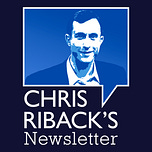
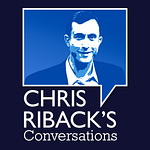

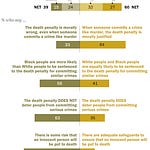




Share this post